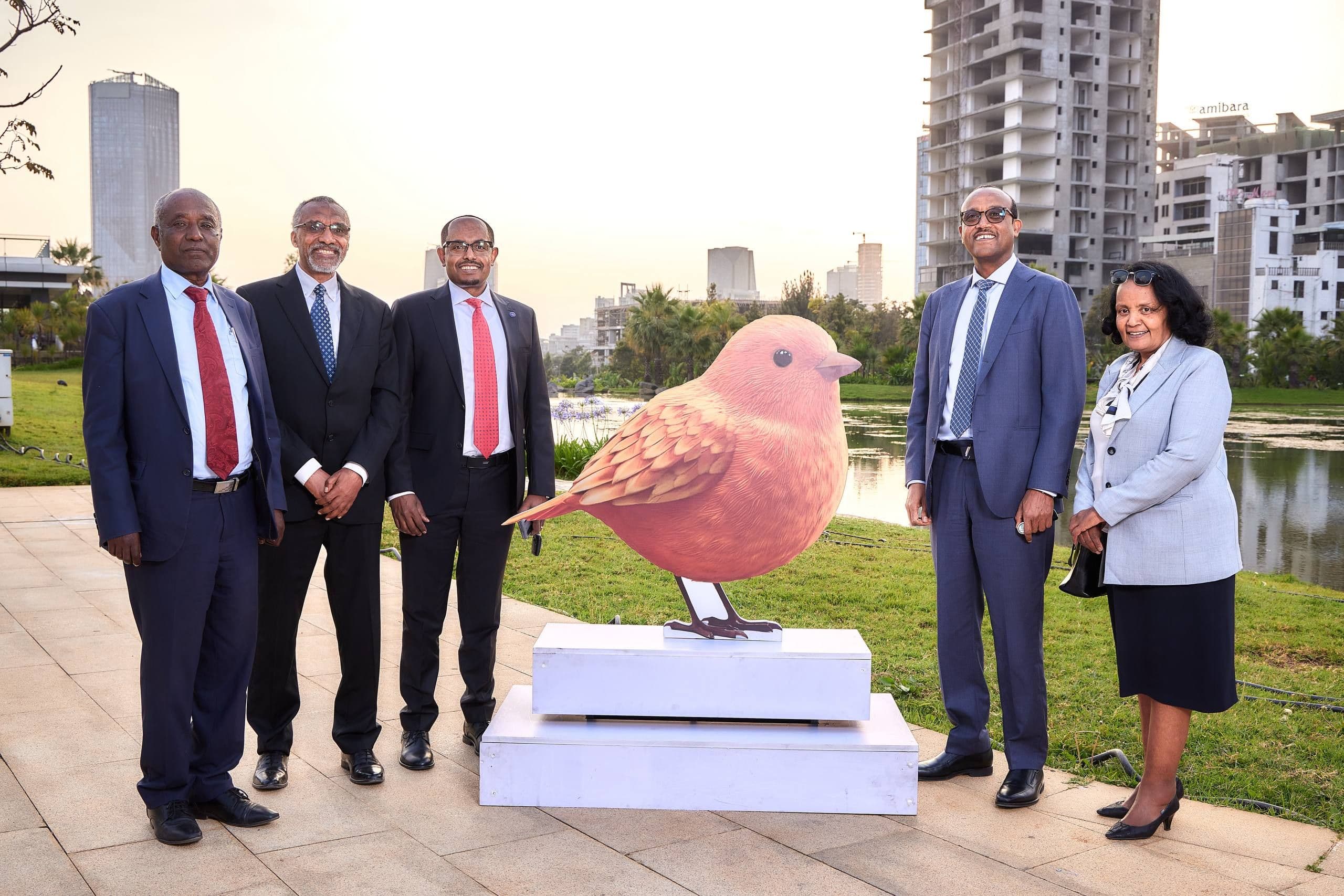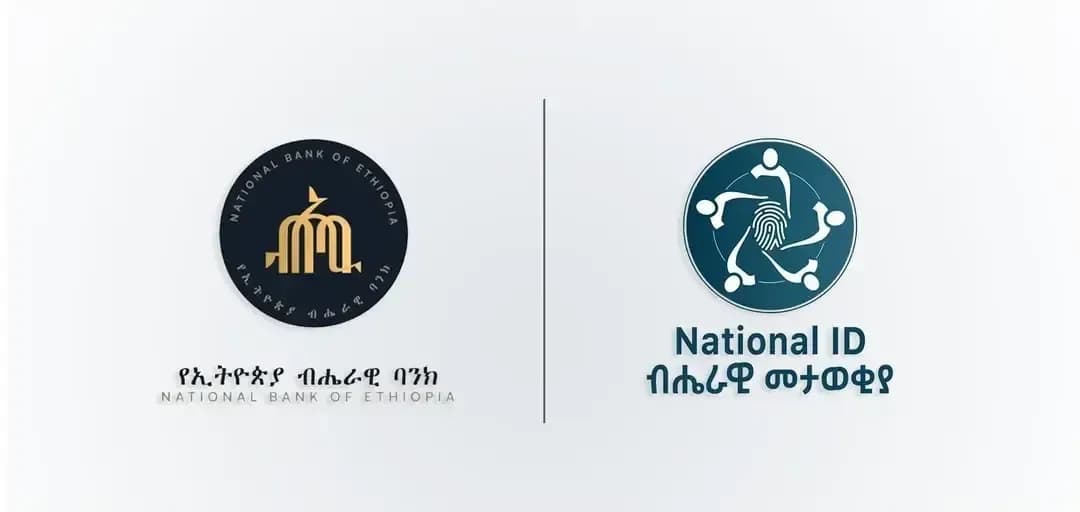Imported camera-carrying drones are common in Ethiopia and They are used for various activities. But now Ethiopians are designing and building their own drones.
Last year, my grandfather saw a moving object in the sky while he was attending an Orthodox Christian religious event. He wondered and thought it is some foreign country object doing intelligence activity. Later, I have told him that it is just a filming drone taking an aerial shot of the event managed by someone in the ground.
It is now becoming a usual thing to notice drones like the one my grandfather saw. They are used for filming concerts, documentaries, weddings, TV shows and football matches in the capital Addis Ababa and regional cities.
Furthermore, Investors are also being lured to invest in Drone development in Ethiopia. In April this year, The Kenyan firm, Astra Aviation announced that it is will set up a drone technology company that provides drone cargo transport service and drone technology training academy in partnership with a local firm.
Astra will initially have three cargo drones of various sizes that transport mails, parcels and offer agricultural spray services. The company will launch its service at end of this year.
Made in Ethiopia Drones
The technology scene in Ethiopia is having a moment and Initiatives to use locally developed drones is one of them. For instance, young university students in icog-labs (a company known for Artificial Intelligence research and product development ) are working to build drones that can play football in the air. They aim to organize a drone football competition. They previously organized Robots football cup.
However, the main big drive is coming from the Ministry of Health, an institution that is led by one of the youngest ministers in Africa (He is just 33). Dr. Amir Aman is a part of the new reformist cabinet that took office last March when Prime Minister Abiy Ahmed rose to power.
In August this year, the Ministry announced its plan to use UAV (Unmanned Aerial Vehicle) to deliver medical equipment and supplies to remote areas of Ethiopia. This will help to distribute medicine and blood supplies to areas where access to the road is hard and expensive.
To achieve this, the ministry is undertaking two separate projects. One with Ethiopian Ministry of Science & Technology and the other with Zipline, a California-based drone startup that has already done a similar project in Rwanda.
With the Ministry of Science and technology, the agreement is to use drones with five kilograms of carrying capacity, while Zipline uses drones that can carry up to two kilograms.
As a result, the Ministry of Science & Technology has successfully launched its first drone, carrying cargo weighing five kilograms and flying at 5,000m altitude last week. They also successfully tested a 5.6 KM range horizontal flight few days after that. The horizontal flight was a circular path with the same starting and ending point. The next testing is expected to be a long-range GPS guided autonomous flight from point A to B.
The drones can fly up to 120 Km an hour and the Ministry is saying that they are ready to manufacture an additional 23 drones in the next six months.
The ministry created a research and technology program by recruiting different talents from universities and schools and assembled 100 innovators for this project. This team did the full design of the drone and assembling. Some parts and engines are imported from China and US.
Based on an agreement with the Ministry of Health, the Ministry of Science & Technology is anticipated to sign a contract once the pilot project is deemed completely successful by the end of this year.
Afterward, the Ministry of health plan to deliver medical supplies using 24 drones starting from January 2018. Six cities, Addis Abeba, Meqele, Hawasa, Jima, Dire Dewa, and Bahir Dar will be dispatch centers, and the drones will operate in an area that covers a 150 KM radius from each dispatch center.
“Since access to electricity even by health centers is low, storing vaccines in suitable environments has been unsustainable. Drones will be used to transport vaccines from proper storage areas to remote health centers,” Dr. Amir Aman said to the local newspaper.
Ethiopia will join other countries in Africa like Rwanda, Tanzania, and Mali to use drone technology for medical cargo when the service is launched officially next week, but it will be the first to use a home designed and built drones.










